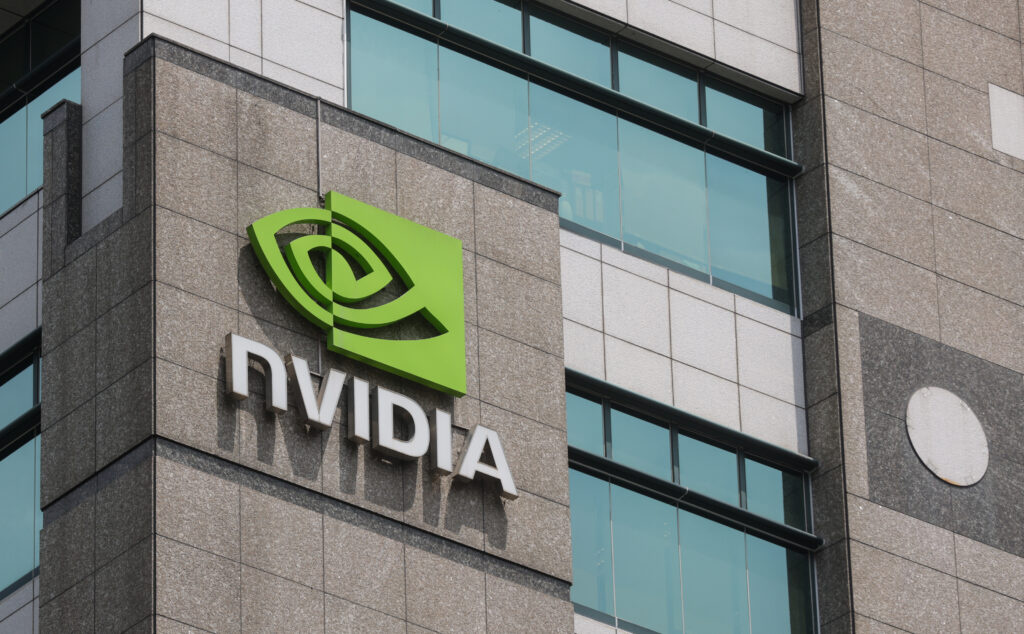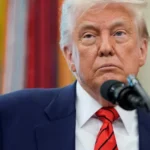ultimateimp – Nvidia has submitted its new B30 AI GPU to U.S. officials, seeking clearance to export the chip to China. According to sources familiar with the discussions, the B30 delivers up to 80 percent of full Blackwell performance. This positions the chip within acceptable limits previously suggested by U.S. authorities for controlled exports.
Read More : Silent Hill f Revisits Origins with Time-Travel Twist
Former President Trump indicated support for allowing exports of downgraded Blackwell chips to China. He reportedly endorsed versions offering 30 to 50 percent less power than flagship models. His remarks included a reference to approving a “somewhat enhanced negatively” Blackwell chip, a possible nod to Nvidia’s B30.
The move follows a turbulent year for Nvidia’s China strategy. In April, the U.S. government banned sales of the H20 chip, prompting Nvidia to take a reported $5.5 billion write-off. However, the ban was unexpectedly reversed three months later. The new approval came with conditions, requiring Nvidia to pay 15 percent of China-bound H20 sales as a fee to the U.S. government.
Following the reversal, demand for the H20 spiked. Nvidia reportedly placed hundreds of thousands of orders with its chipmaking partner TSMC to meet Chinese demand. However, enthusiasm in China quickly waned amid backlash from Beijing over political tensions and concerns about chip integrity.
Political Friction and Local Rivalry Cloud Nvidia’s Future in the China Market
After the H20 ban was lifted, Chinese authorities publicly criticized the chip. State media labeled it “unsafe” and “outdated,” while government officials discouraged its adoption. Some Chinese reports claimed the H20 included surveillance features such as trackers or backdoors, allegations Nvidia has denied.
U.S. Commerce Secretary Howard Lutnick further strained relations with his comment likening China’s reliance on Nvidia chips to an “addiction.” The remark drew strong reactions from Chinese officials, worsening Nvidia’s position in the market. In response, Nvidia reportedly instructed suppliers to slow H20 production while developing its next strategy.
Meanwhile, some White House officials believe China’s criticisms are part of a strategy to promote domestic AI chipmakers, such as Huawei. Despite this, many Chinese tech companies still prefer Nvidia hardware. Domestic alternatives often lack comparable supply volume and robust software ecosystems, limiting their appeal.
Read More : Elon Musk’s X Settles $500M Lawsuit Over 2022 Layoffs
Early Blackwell chips tailored for China already excluded high-bandwidth memory and multi-GPU interconnects to reduce performance. This design was aimed at complying with U.S. export restrictions. Chinese firms testing early versions of the B30 have reportedly seen “positive results,” offering Nvidia a possible path forward if approval is granted.
However, if U.S. officials delay or reject the B30, Nvidia risks losing ground in China. The company may also face intensified competition from local manufacturers if performance restrictions render its GPUs less attractive. As approval remains pending, Nvidia’s future in the Chinese AI hardware market hangs in the balance.


